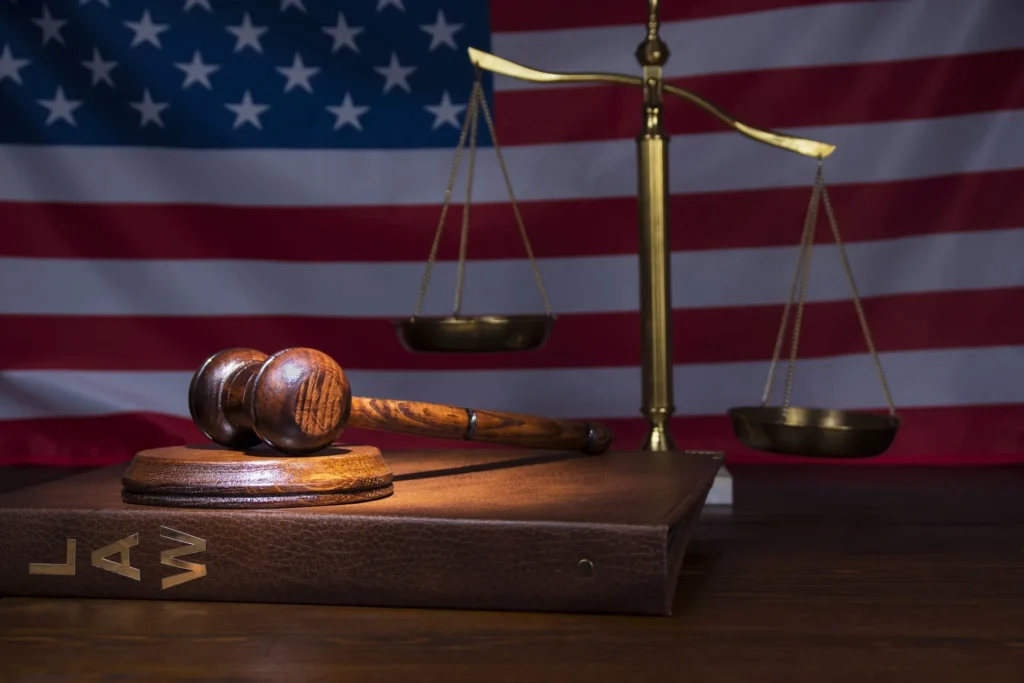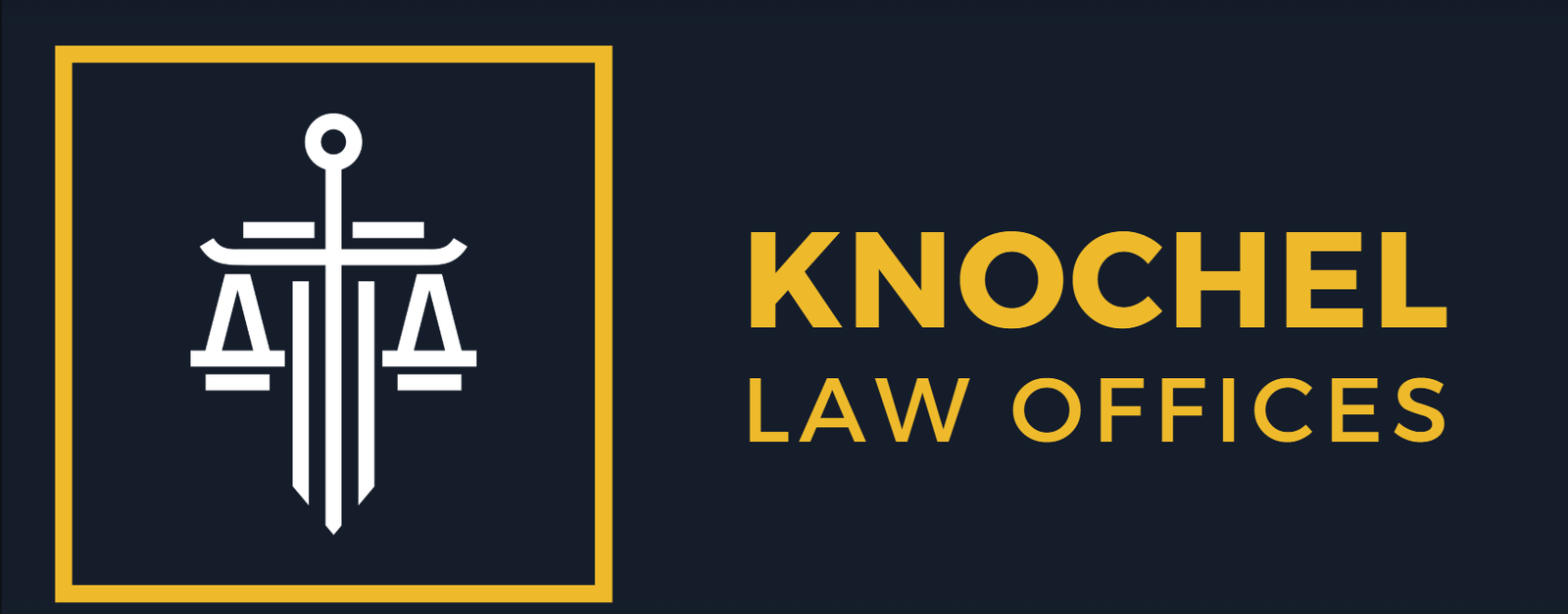Lake Havasu City Civil Appeals Attorney
Serving the Kingman, Lake Havasu, Bullhead City, AZ and Laughlin, NV Areas
Considering Appealing Your Court Outcome? Consult Knochel Law Offices
Regrettably, even some of the most well-executed efforts in a case may not be enough to achieve a favorable trial court outcome. If you are considering an appeal because you are not satisfied with your results or you believe your case was not effectively presented, Knochel Law Offices may be able to help you.

As a former law clerk to Chief Justice Howard C. Ryan on the Illinois Supreme Court, as well as a private practitioner with extensive appellate court experience, founder Keith S. Knochel is fully prepared to help you with your appeal.
Drawing from years of handling complex and significant civil appeals at many levels, including the Arizona Court of Appeals, Arizona Supreme Court and the 9th Circuit Court of Appeals, our managing lawyer thoroughly understands the appeals process.
Our firm handles appeals in a wide range of legal matters such as:
- Business disputes
- Real estate litigation
- Estate litigation
- Divorce
- Other civil matters

When you consult with Knochel Law Offices , one of our Lake Havasu City civil appeals lawyers will work closely with you to learn about your case and your concerns. We will meticulously examine your case to help you find opportunities that may allow us to appeal. This includes reviewing the trial court documents and analyzing all possible issues that may have led to your unfavorable outcome.
We recognize how important strategic and measured preparation is in an appeals case. Our firm is determined to help you get the results you are seeking. Contact us today.
Common Questions
What exactly is an appeal, and how is it different from a new trial?
An appeal is a formal request to a higher court (like the Arizona Court of Appeals) to review a lower court’s decision. It’s crucial to understand that an appeal is not a new trial where you present fresh evidence or re-argue the facts of your case. Instead, the appellate court examines the existing record from the lower court (trial transcripts, motions, orders) to determine if any significant legal errors were made that affected the outcome.
Can any court decision or judgment be appealed in Arizona?
Generally, only final judgments or orders from a lower court can be appealed. This means that interlocutory orders (decisions made during the course of a case that aren’t final) usually cannot be appealed until the entire case is concluded. Furthermore, an appeal must be based on a claim that a specific legal error occurred, not simply that you disagree with the jury’s verdict or the judge’s factual findings.
What's the fundamental difference between what a trial court does and what an appeals court does?
A trial court’s primary role is to determine the facts of a case, hear evidence, and apply the law to those facts. An appeals court, on the other hand, does not re-evaluate facts or witness credibility. Its sole purpose is to review the legal proceedings of the lower court to ensure that the law was correctly interpreted and applied, and that proper legal procedures were followed.
What are my actual chances of winning an appeal in Arizona?
Are they usually successful? Appeals are inherently challenging. The odds of outright reversal are often low because appellate courts presume the lower court’s decision was correct. Success hinges on identifying and clearly demonstrating that a reversible legal error occurred – one that was significant enough to have affected the outcome of your case. It’s not about proving innocence again, but about proving a legal mistake.
How long does the entire appeals process typically take from start to finish in Arizona?
The appeals process in Arizona can be lengthy. From filing the notice of appeal to receiving a decision from the Court of Appeals, it typically takes anywhere from 12 to 24 months, sometimes longer for very complex cases. This timeline includes preparing the record, extensive legal briefing, and waiting for the court’s review and decision.
What kind of legal fees and costs should I expect for an appeal?
The cost of an appeal varies significantly based on the complexity of the case, the length of the trial transcript, and the amount of legal research and briefing required. Unlike trial work, appeals are often billed at an hourly rate due to the intensive legal writing and analysis involved. It’s a substantial investment, but one that can be critical for your future.
Do I really need an experienced appeals lawyer, or can I handle it myself?
While you have the right to represent yourself, appealing a case without an experienced appeals lawyer is highly inadvisable. Appeals involve extremely complex legal research, intricate procedural rules, and sophisticated legal writing. A single missed deadline or improperly formatted brief can lead to your appeal being dismissed, regardless of its merits.
Can I introduce new evidence or call new witnesses during the appeals process?
Generally, no. Appellate courts review the record as it existed in the lower court. New evidence or witness testimony is almost never permitted on appeal, as the purpose is to review for legal errors made during the original proceedings, not to create a new factual record.
What specific types of legal errors can be a basis for an appeal?
Common grounds for appeal include: errors in legal interpretation (the judge applied the wrong law), procedural errors (the court failed to follow proper rules), improper admission or exclusion of evidence, incorrect jury instructions, or insufficient evidence to support a conviction (though this is a high bar).
If my appeal is successful, what happens next in my case?
If you win your appeal, the appellate court typically “reverses” the lower court’s decision and “remands” the case. This means the case is sent back to the lower court with instructions. Depending on the error, this could lead to a new trial, a new sentencing hearing, or even dismissal of charges.
What if my appeal is denied or I lose the appeal? Are there any further options?
If your appeal is denied by the Arizona Court of Appeals, the lower court’s judgment stands. However, you may have the option to seek further review from a higher court, such as the Arizona Supreme Court, by filing a Petition for Review. This is a discretionary review, meaning the Supreme Court can choose whether or not to hear your case.
Are there strict deadlines for filing an appeal, and what happens if I miss one?
Yes, appeals have extremely strict and unforgiving deadlines, often as short as 30 days from the date the final judgment is entered. Missing a deadline is usually fatal to your appeal, as appellate courts rarely grant extensions. This is why immediate action is crucial.
Can I appeal a criminal conviction if I previously entered a guilty plea?
Appealing a conviction after a guilty plea is much more limited than after a trial. You generally cannot appeal your factual guilt. Instead, you can only appeal specific issues related to the validity of your plea itself, such as whether it was knowing and voluntary, or if there was a legal error in the plea agreement process.
Does filing an appeal automatically stop my sentence or release me from custody?
No, filing an appeal does not automatically stop your sentence or release you from custody. You must typically file a separate motion for a “stay of execution” of the sentence, which the court may or may not grant. This is often a difficult request to win.
How do I begin the appeals process, and what information should I gather?
The first and most critical step is to contact an experienced appeals lawyer in Bullhead City, Kingman, Lake Havasu, or Parker immediately. Bring all relevant documents, including the judgment, sentencing order, and any other court paperwork you have. The sooner you act, the better your chances of preserving your appellate rights.
Contact Our Kingman Business Litigation Attorneys Today
We invite you to contact Knochel Law Offices, P.C., today at 928-542-4218, or toll free 866-674-4003, to schedule a confidential consultation about your appeal. Our law office hours are Monday through Friday from 8:30 a.m. to 5 p.m. Evening and weekend appointments are available upon request. We offer many of our services for flat fees rather than billing by the hour. Our firm accepts Visa, MasterCard, American Express and Discover credit cards.

